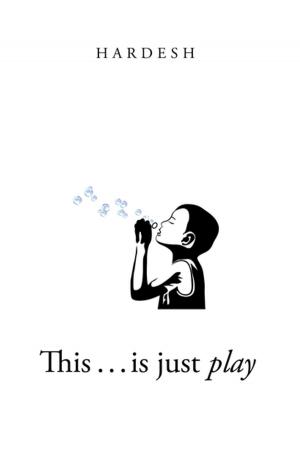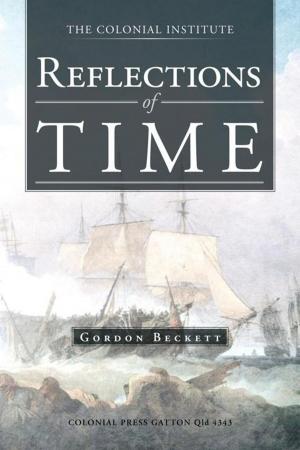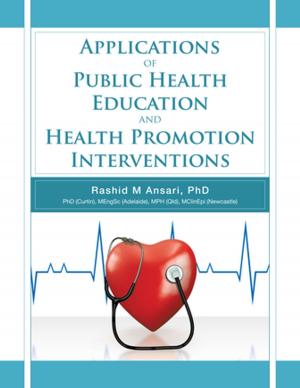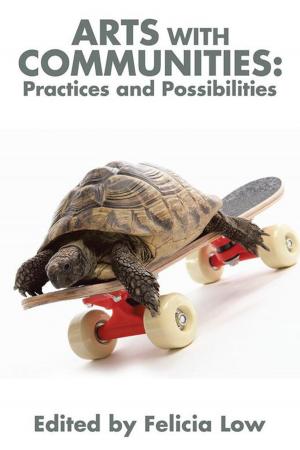An Engaged Learner: a Pocket Resource for Building Community Skills
Nonfiction, Reference & Language, Education & Teaching| Author: | Rebecca Nthogo Lekoko | ISBN: | 9781482895025 |
| Publisher: | Partridge Publishing Singapore | Publication: | August 9, 2013 |
| Imprint: | Partridge Publishing Singapore | Language: | English |
| Author: | Rebecca Nthogo Lekoko |
| ISBN: | 9781482895025 |
| Publisher: | Partridge Publishing Singapore |
| Publication: | August 9, 2013 |
| Imprint: | Partridge Publishing Singapore |
| Language: | English |
Not many of us get a chance to share their teaching-learning experiences with others. Here I am, sharing my experiences by focusing on a fact, that, students we teach are on transit; they eventually leave schools and proceed with their lives in their respective communities. Our social and pedagogical obligation as educators is to teach them skills to use after exiting educational institutions, that is, helping them gain community skills. The development of community skills starts with an understanding that communities and schools interlink. That is, learners who go to school expect to use the knowledge they gain to serve their communities. This calls for a broader vision of learning that goes beyond the four walls of classrooms. It is an ideology that persuades educators to produce graduates with apposite levels of academic achievements as well as broad community skills like ability to think, be responsible, make decision and solve problems. Everyone, almost every day, uses these skills. Educators thus are pressed to think of ways to knit together learning and communitys aspirations. This can be done by engaging learners in activities that help build their community skills. Every educator teaches these skills, consciously and unconsciously. This resource contributes some ideas and processes that can enhance educators role of imparting community development skills.
Not many of us get a chance to share their teaching-learning experiences with others. Here I am, sharing my experiences by focusing on a fact, that, students we teach are on transit; they eventually leave schools and proceed with their lives in their respective communities. Our social and pedagogical obligation as educators is to teach them skills to use after exiting educational institutions, that is, helping them gain community skills. The development of community skills starts with an understanding that communities and schools interlink. That is, learners who go to school expect to use the knowledge they gain to serve their communities. This calls for a broader vision of learning that goes beyond the four walls of classrooms. It is an ideology that persuades educators to produce graduates with apposite levels of academic achievements as well as broad community skills like ability to think, be responsible, make decision and solve problems. Everyone, almost every day, uses these skills. Educators thus are pressed to think of ways to knit together learning and communitys aspirations. This can be done by engaging learners in activities that help build their community skills. Every educator teaches these skills, consciously and unconsciously. This resource contributes some ideas and processes that can enhance educators role of imparting community development skills.















